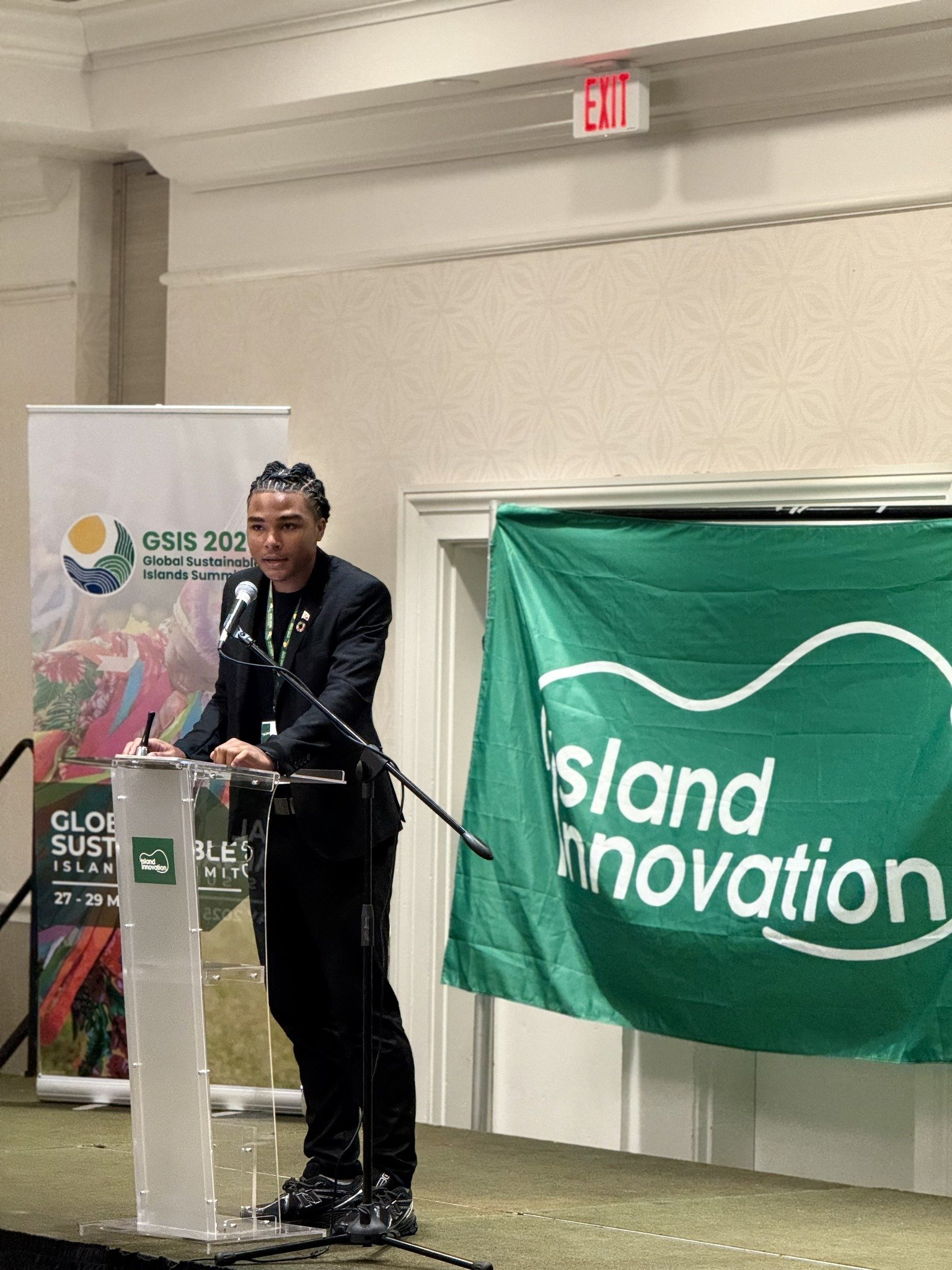Aquanjé Robinson Issues Urgent Call to Action at the 2025 Global Sustainable Islands Summit.
Aquanjé Robinson, a young environmental advocate, delivered a powerful message at the Global Sustainable Islands Summit (GSIS) in St. Kitts, representing the collective voice of global youth determined to confront the climate crisis. His speech, delivered on May 27, 2025, followed the Island Youth Forum held on May 25-26, which brought together young delegates from island nations worldwide, including the Caribbean, Fiji, and the Maldives. This forum served as a crucial platform for young leaders to engage in insightful discussions, formulate collaborative strategies, and present a unified call to action on climate change to the world leaders attending the subsequent summit. Robinson’s address channeled the shared hopes, frustrations, and unwavering resolve of a generation inheriting a planet grappling with the escalating effects of climate change. He emphasized that the forum’s strategic placement before the summit ensured that the youth’s voices were directly heard by decision-makers at the highest level.
Robinson’s speech transcended mere rhetoric. He challenged the prevalent practice of tokenistic youth engagement, urging a paradigm shift from symbolic gestures to genuine partnership in policy formulation and implementation. He underscored that young people are not seeking superficial involvement but demand meaningful participation in the decision-making processes that shape their future. He powerfully articulated that the youth want their perspectives valued and integrated throughout the entire process, not just for photo opportunities. Dismissing youth voices, he argued, would not only disservice them but the entire world, as they are the ones who will bear the brunt of the climate crisis. He demanded recognition for young people as architects of the future, deserving a seat at the table where crucial decisions impacting the planet’s health are made.
Beyond this resounding call for inclusivity, Robinson shared a poignant anecdote from the forum. He described a moment of profound connection – a silent applause with open hands directed towards disabled youth. This unspoken gesture, he explained, exemplified genuine inclusivity and belonging, highlighting an unforced, powerful, and affirming recognition of everyone’s equal importance. This moment underscored the youth forum’s commitment to creating a space where every voice is valued and every participant feels seen, heard, and respected. This experience served as a powerful reminder of the type of inclusive environment needed to address the global climate crisis effectively.
Robinson’s speech served as a clarion call to action, directed specifically at leaders, policymakers, and parliamentary secretaries. He implored them to translate the discussions and pronouncements of the summit into concrete policy changes. He emphasized that the impactful words shared should not merely resonate within the conference walls but must translate into tangible actions, informing policy development, budget allocation, and measurable impact on the ground. He stressed the urgency of the situation, reminding his audience that the youth are not just future leaders but capable contributors in the present, ready to actively participate in shaping solutions for the climate crisis.
The core message of Robinson’s address revolved around a fundamental shift in perspective: the youth are not merely the inheritors of a damaged planet burdened by unfulfilled promises; they are active agents of change, demanding immediate involvement in managing the planet’s future. His words underscored the inherent desire of young people to be part of the solution, not passive recipients of a broken world. He asserted that the youth are ready to act, shape, and lead the effort to create a sustainable future, emphasizing their readiness to take on responsibilities today rather than waiting for a future that might be irrevocably compromised.
Robinson’s powerful address resonated deeply with the audience, leaving a lasting impression on world leaders. His message was unambiguous: the youth are equipped and eager to participate in shaping the future, transcending mere rhetoric and demanding concrete action. The challenge now lies with decision-makers to genuinely heed this call, moving beyond symbolic gestures and actively involving young people in the crucial work of building a sustainable future for all. The question posed to the world leaders was stark: are they prepared to truly listen and embrace the youth as partners in this crucial endeavor? The future of the planet hinges on their response.
Share this content:












Post Comment